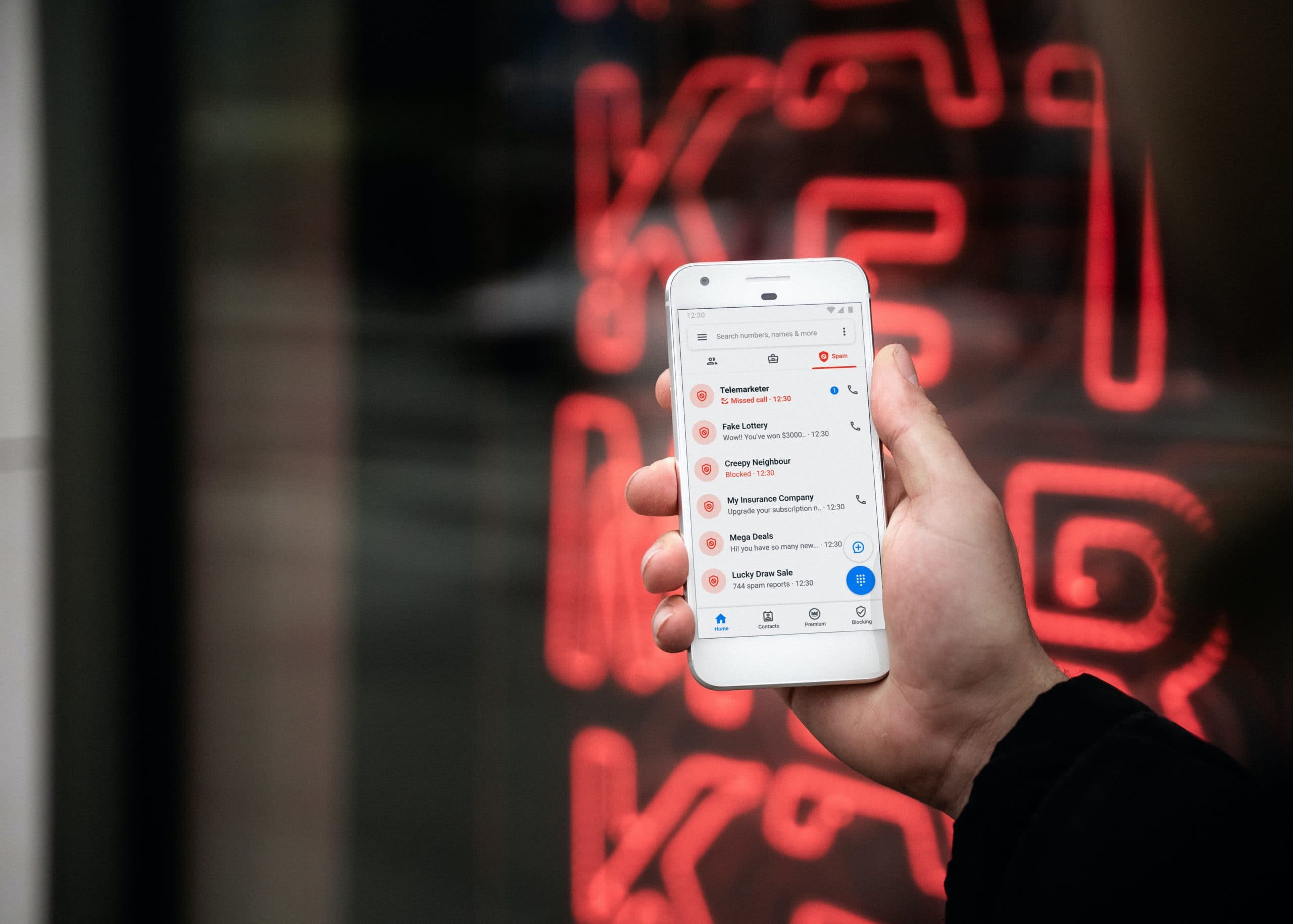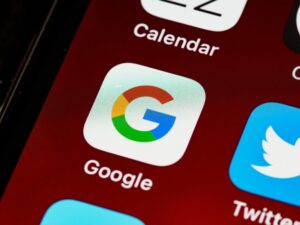On December 14, 2020, the Federal Communications Communication (“FCC”) issued an Order on Reconsideration (“Order”) overturning a 2016 decision that allowed federal government contractors to robocall consumers without their prior express consent. The Order updated the FCC’s previous interpretation of the Telephone Consumer Protection Act (“TCPA”). Now, the FCC has made clear that certain government contractors are not exempt from TCPA robocall regulations. Federal government contractors are, therefore, required to obtain prior express consent before calling consumers through automated means.
Why did the FCC update its interpretation?
Prior TCPA Robocall Prohibitions
The TCPA prohibits “any person [initiating] any call (other than a call made for emergency purposes or made with the prior express consent of the called party) using an automatic telephone dialing system [ATDS] or an artificial or prerecorded voice . . . to any telephone number assigned to a . . . cellular telephone service.”
Under common cannons of statutory interpretation, the word “person” is generally not interpreted to include a sovereign government unless it is expressly included within a statute’s definition. Guided by this principal, the FCC has historically interpreted the TCPA’s use of the word “person” to exclude the federal government. In 2016, the FCC extended this presumption beyond the federal government to include contractors working as agents of the federal government. Therefore, federal contractors were exempt from the TCPA’s general requirement, and did not have to obtain prior express consent before robocalling consumers.
The Updated FCC Guidance for Contractors
The FCC’s recent Order reversed its 2016 interpretation. According to the FCC’s press release, the new Order confirmed that contractors for “federal, state, and local governments – along with local governments themselves – must obtain consumer consent before making robocalls.” Under the new guidance, federal contractors are now considered “persons” within the meaning of the TCPA. Accordingly, they must obtain prior express consent before engaging in any TCPA robocall campaign to consumers. The FCC also recognized that its 2016 interpretation left some confusion regarding the TCPA robocall requirements for state and local government contractors. The FCC clarified that contractors for state and local governments are also considered “persons” under the TCPA.
Applying the TCPA to Governments
The carve-out for the federal government itself has remained unchanged. In addition, the FCC also extended the same protections to state government officials that make calls while performing their respective duties. As with the federal government, the FCC felt that subjecting state governments to the TCPA’s prohibitions would seriously curb their ability to communicate with their citizens. The FCC’s Order clarified that federal and state governments only benefit from this TCPA exception while conducting official business. The Order did not exempt calls made by state and federal officials for other purposes, such as campaigning for reelection. Unlike local governments, federal and state governments are sovereign entities unique in our system of government. The FCC explained that local governments are considered “persons” under the TCPA. Local governments must, therefore, obtain prior express consent before robocalling consumers. Critically, this Order did not supersede the FCC’s prior exemptions relating to emergency calls.
This development demonstrates what readers already know – the FCC’s interpretation of the TCPA robocall law is always changing. Please note that the Order takes effect immediately. Accordingly, contractors for the federal government should review their contracts and update their TCPA compliance programs.
Businesses must work with experienced counsel to ensure that their marketing calls and text messages do not violate TCPA robocall laws. If you need assistance developing a marketing campaign or reviewing your TCPA compliance program, please e-mail us at info@kleinmoynihan.com, or call us at (212) 246-0900.
The material contained herein is provided for informational purposes only and is not legal advice, nor is it a substitute for obtaining legal advice from an attorney. Each situation is unique, and you should not act or rely on any information contained herein without seeking the advice of an experienced attorney.
Attorney Advertising
Photo by Lindsey LaMont on Unsplash
Similar Blog Posts:
New FCC Regulations to Curb Foreign Caller ID Spoofing




